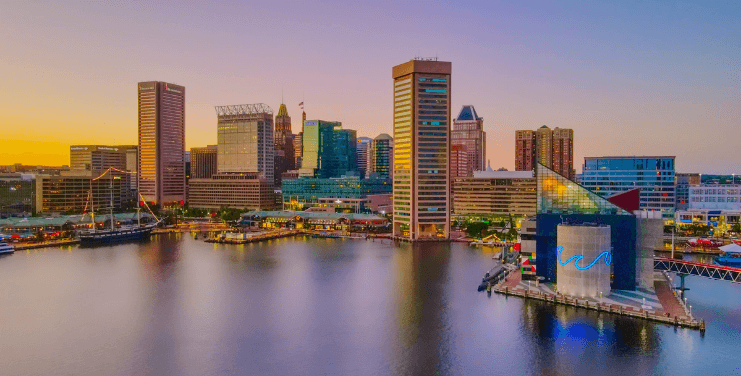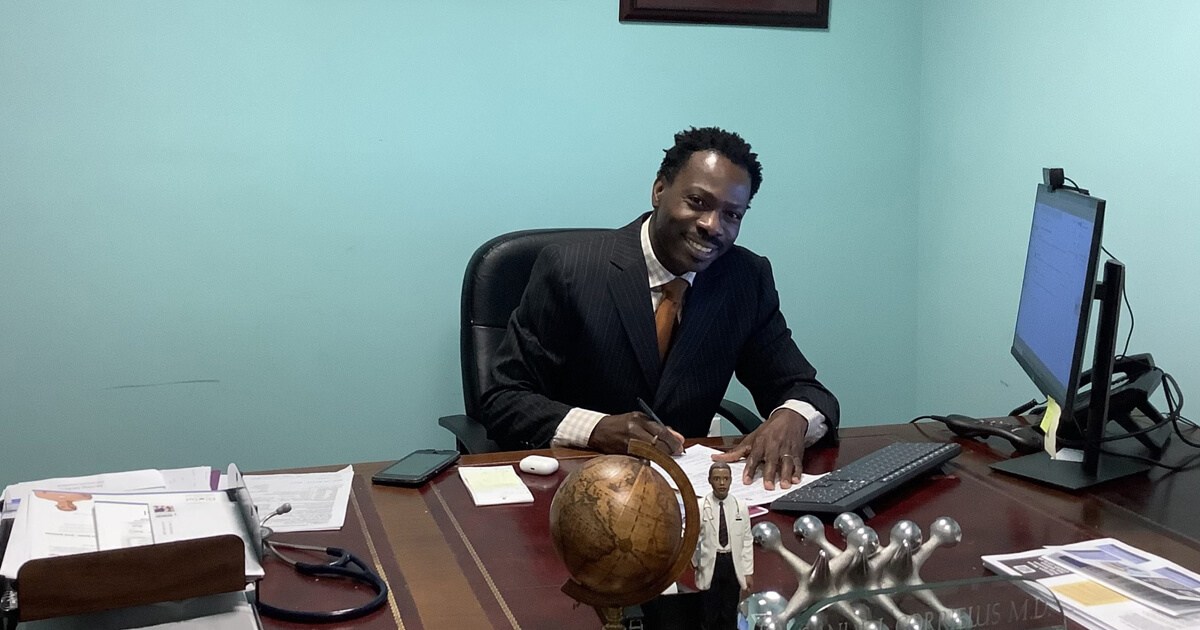Monday marks the centennial anniversary of the Tulsa Massacre, when a false claim that 19-year-old Dick Rowland had assaulted a white woman, set in motion a day-long killing spree aided by official government and municipal entities, including the National Guard, and resulting in the murder of hundreds of Black citizens, the destruction of 35 square blocks and 1,200 Black-owned businesses, totaling well over $200 million in property damage.
The oldest living survivors of the massacre, including 107-year-old Viola Fletcher, are still fighting for reparations from one of the worst displays of racialized violence in U.S. history.
This day, ironically falling on Memorial Day, is in memoriam of the unknown number of Black Tulsans who died in the massacre. The exact number of victims may never be known, but some estimates suggest more than 300 African Americans lost their lives to angry white rioters set loose on Black Wall Street. Hidden mass graves are still being uncovered.
In mere hours an economic center of Black wealth and innovation was reduced to rubble. One hundred years later, Black businesses continue to rise from the smoldering ashes reinventing themselves, their community and seeking psychological safety from the daily onslaught of living with inequity in this country.
The financial outlook for the average African-American of today bears the scars of centuries of disenfranchisement, unequal and stolen opportunity.
Through our work The Plug is proud to highlight Black ecosystem and community leaders creating paths to a future that stands to uplift communities in Tulsa and well beyond. All while the memories of the fire that forged indestructible resolve remain all too clear.
The Plug’s founder and CEO, Sherrell Dorsey, is headed to Tulsa on Wednesday to join several Black founders, investors, and ecosystem leaders to experience some of the new building efforts, including the recent development of a Lightship Capital accelerator powered by Build in Tulsa and Atento Capital.
Following our report on Black Accelerators being catalysts to funding and nationally-recognized accelerators like Y Combinator and Techstars, Build in Tulsa reached out to Lightship for help in creating a platform in Tulsa to help Black founders find entry points to launching new companies.








